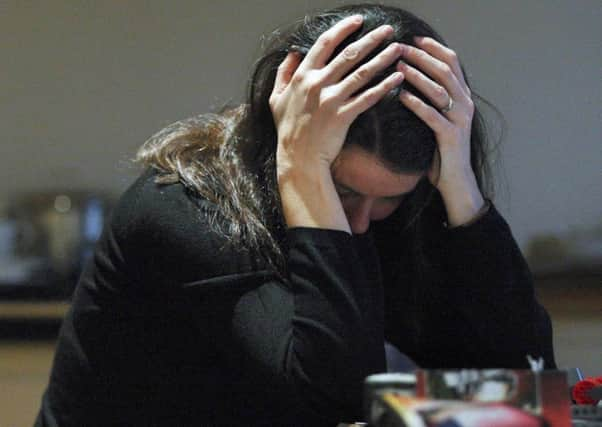Life in Politics column by Hilary Benn MP: PIP assessment system '˜seriously flawed'


PIP has replaced the old disability living allowance and as a result many people are going through new assessments.
Mainly, people come about decisions to refuse them PIP or to pay it at a lower rate, but I often hear people also say that the process seemed more concerned about ticking boxes than considering their needs as the person who was being assessed.
Advertisement
Hide AdAdvertisement
Hide AdThe initial step in appealing against a decision is to ask the DWP to reconsider – known as mandatory reconsideration – and the final step is to ask for your case to go to an independent tribunal.
The tribunal is there to sort out mistakes, but the sheer number of appeals now being won is proof that the assessment system itself is seriously flawed.
Nationally, in the first three months of this year, an extraordinary 71 per cent of appeals were successful. In Leeds, the figure over the last 12 months was 57 per cent.
What that tells us is very simple. In far too many cases, the DWP is getting their assessment wrong. And while those affected seek justice - it can take a long time for appeals to be heard – they face stress, worry, uncertainty and debt. In some cases, it can mean that they lose their motability car. I will never forget the woman who came to see me waving a letter, telling her that they were taking the vehicle away. Despite her significant disability, she was working, but if she had no car then she wouldn’t be able to get to work anymore so she would lose her job. And because she wouldn’t then be able to afford her mortgage, she would lose her home too.
Advertisement
Hide AdAdvertisement
Hide AdThis is totally unacceptable. People who have suffered enough because of their disability are now being made to suffer again by an unfair assessment system. And that’s why we need to continue to campaign to change it.
Constituents sometimes ask me about our overseas aid spending. They want to know where the money goes and what difference it’s making.
Now, thanks to a new project called Leeds Counts, we can see how some of world’s most vulnerable people have benefited from aid funded by the people of Leeds (based on our share of tax paid to the UK Government).
Take Umma for example, an eight-year-old Rohingya who, like the other 500,000 people who fled Myanmar last year, now calls the overcrowded Balukhali refugee camp home.
Advertisement
Hide AdAdvertisement
Hide AdBalukhali is prone to flooding and has very basic sanitation. When it floods, human waste mixes with drinking supplies and ponds that Umma bathes in. An outbreak of cholera and other water-borne diseases could make Umma extremely ill. But, thanks to Leeds Counts, we now know that through the tax we pay which supports UK aid, the people of our city have ensured that over 3,100 people like Umma have a clean water supply. Umma can now bathe and drink safely without contracting cholera – something we take for granted.
I have seen with my own eyes the profound difference that UK aid makes to the lives of others and thanks to Leeds Counts we can now all see this too by going to www.leedscounts.org.uk
Hilary Benn is the Labour MP for Leeds Central.